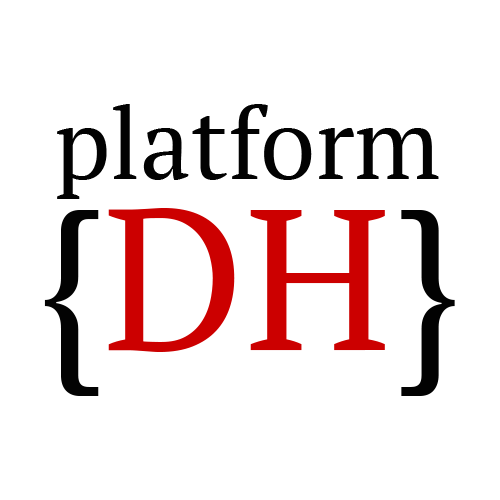Lecture Series: Ari Bergman
online , BelgiumThe Collective Editing of the Talmud
The Babylonian Talmud, known simply as the Bavli, is the collaborative effort of generations of sages. It is also the foundational legal and ethical document of rabbinic Judaism. Rather than being authored by any individual authors, it instead represents the collective work of the Jewish scholarly community in Babylonia over five centuries. From its inception, in the beginning of the third century, until the end of the eighth century it was transmitted orally, and it continuously evolved and developed collectively throughout the period. This presentation will analyze the unique process of its formation and early transmission and how it came to represent the first oral wiki editing process.




